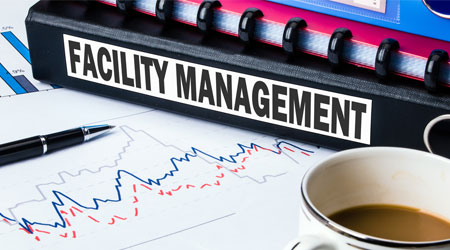Adjusting to Younger Workforce
Part 4 of a 5-part article on facility retirement wave and generational change, plus FM PULSE survey results
As young people in their 20s and 30s enter the facility management workforce, organizations will need to accommodate their work styles and expectations, which are often very different from their Baby Boomer predecessors. First, today’s young people expect to be promoted quickly. “The opportunities may be there, but they may not have the patience to pay their dues,” says Friday. “This is a problem that will plague our and other industries.”
Retention is a problem, says Bechtol, especially in an industry used to long-term employees. “They may give you an ultimatum about a promotion, and they do leave,” she says. “They will move around and even go across the country.” These employees may be making lateral moves, but for them moving is an adventure, she says. “They will be with the company for a couple of years, but then they will move,” Morgan says. “They may have four, five, or six jobs by the time they are in their 30s.”
The younger people are also more particular about what they actually do at work, and how they do it. For example, according to Medlin, while Baby Boomers were willing to pitch in wherever they were needed, Millennials and Gen-Xers want to know exactly what is expected of them, and they are more technologically savvy. Social media is a good way to recruit these young professionals. “We have to go where they are,” Medlin says.
For these up-and-coming professionals — from 18 to the early 30s — having a good, stable job may not be enough, he says. They may want to work for an exciting company that has a lot of perks, such as gym facilities, subsidized food, child care, and the like. They also want to work for a company they can feel good about. For Baby Boomers, salary and stability were important. The new workers need to know they are making a contribution, and they want to know what the company can do for them.
Young people are more likely to stay with the organization if they feel challenged and empowered, Williams says, and if they move forward with the help of a professional development plan. “It will be a challenge for all industries to fill jobs, and for that reason we have to focus on retention,” Williams says.
Clearly the road ahead will be bumpy, as the Boomers gradually disappear from the workplace and are replaced with a new crop of professionals. Nonetheless, an influx of young people is an opportunity, since new blood and new ideas from a technologically savvy generation can bring new vitality to facility management.
Maryellen Lo Bosco is a freelance writer who covers facility management and technology. She is a contributing editor for Building Operating Management.
Related Topics:















